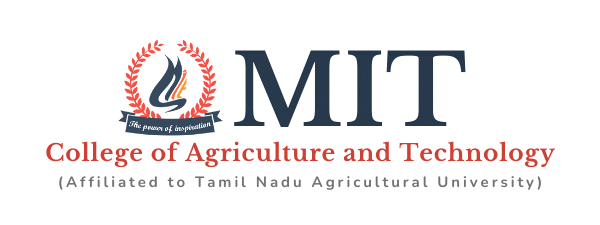Pongal is a festival of harvest.
The term ‘Pongal’ is considered as a symbol of prosperity in Tamil language and culture. Referring to the dish made with milk, ghee and rice, Pongal literally means ‘overflowing’, suggestive of abundance and affluence. Pongal falls during the beginning of the month of Tamil month ‘Thai’ and hence it is also known as Thai Pongal.
Pongal has its roots in the Sangam Period roughly identified from 6th century BC to 2nd century AD. Legends say that Pongal celebration is not less than 2,000 years old. The principal theme of Pongal is thanking the Sun God, the forces of nature, and the farm animals and people who support agriculture. Around the time of Pongal, the fields are ripe with plentiful crops and hence the farmers happily celebrate the event while bringing home the fruits of their hard work and the blessings of nature.
- Pongal festival is closely related to Tamil Nadu and Tamil culture. It is enthusiastically celebrated by Tamil people all over the world.
- Pongal is a religious, cultural, and social festival hosted as a thanks giving to the Sun god and the elements of nature for supporting agriculture.
Tamil homes gear up to celebrate the event on the first day of the Tamil month of Thai which coincides with Uttarayana or the northward movement of the sun. This is the same time when many other parts of India celebrate Sankranti. As per the annual agricultural cycle, most regions of the state would have done the harvest shortly before Pongal and hence the homes of farmers and stockyards would be overflowing with the newly harvested paddy. Therefore, Pongal is the occasion to rejoice the gifts of nature that support and enrich our lives.
Festival of harvest
Pongal is a festival of harvest. Tamil homes gear up to celebrate the event on the first day of the Tamil month of Thai which coincides with Uttarayana or the northward movement of the sun. This is the same time when many other parts of India celebrate Sankranti. As per the annual agricultural cycle, most regions of the state would have done the harvest shortly before Pongal and hence the homes of farmers and stockyards would be overflowing with the newly harvested paddy. Therefore, Pongal is the occasion to rejoice the gifts of nature that support and enrich our lives.
Pongal – what it means
Pongal is celebrated as a thanksgiving to the Sun god. On the day of Pongal, the dish known as ‘Pongal’ is cooked in a new earthen pot under the sun, preferably early in the morning just after sunrise. The best of rice from the new harvest is earmarked for this preparation. The ingredients used for Pongal are rice, milk, ghee, jaggery, raisins and dry fruits. When the milk boils and overflows, people shout ‘Pongalo Pongal’, with this slogan believed to bring prosperity into the household. The term Pongal is rich in its connotation referring to the theme and name of the festival, the dish prepared and also the term suggesting prosperity.
Interesting elements of Pongal
Pongal is the epitome of Tamil culture. Tamil culture is predominantly agricultural and Pongal comes as a major celebration in a year that highlights and venerates several wonderful aspects of the religion, culture, society and people’s lives. New dress, cleaned, painted and decorated homes, colorful rangolis, pujas and celebrations, well-bred cattle, delicious dishes, blessings of elders, rewarding the workforce, gifts, dresses and sweets to near and dear ones, cultural competitions, Jallikattu (sport of controlling the bulls), field trips and temple visits are some of the most interesting highlights of Pongal celebrations that last for four days.
தமிழர் திருநாள் மற்றும் பொங்கல் வாழ்த்து
https://mitcat.ac.in
மழை என்றும் வெயில் என்றும் பாராது
மண்ணுக்கு வியர்வையை உரமாக்கி
உழைக்கும் உழவர்களுக்கு முதல்நன்றி,
அன்றும், இன்றும், என்றும் நமைக் காக்கும்
இயற்கைக்கு இரண்டாம் நன்றி.
வரும் காலம் வளமாக இருக்கட்டும்,
நிலம் காக்கும் தொழில்நுட்பம் மலரட்டும்,
இனிய பொங்கல் திருநாள் வாழ்த்துக்கள்


